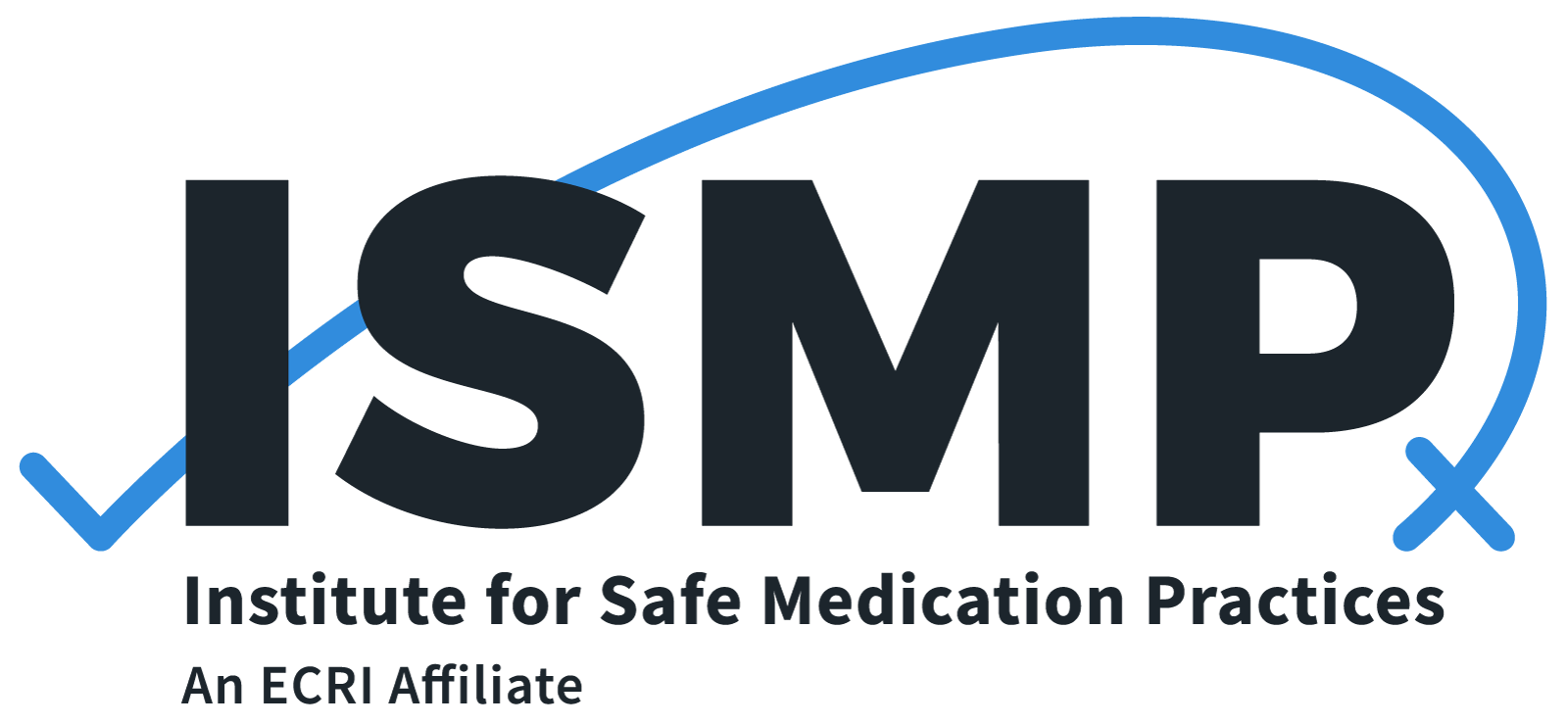Special Alert! - Short period of Surescripts medication history inaccuracies
We learned this week that Surescripts may have sent inaccurate medication history data to prescribers who requested information for medication reconciliation. Surescripts supports electronic transmission of patient medication history from pharmacies and pharmacy benefit managers to prescribers who request the information. The company determined that some medication history responses sent between April 21 at 4:02 p.m. and April 22 at 6:45 p.m. EDT may have included medications that had not been prescribed for the patient, in addition to those that had. The problem occurred when an update deployed by Surescripts inadvertently caused their Master Patient Index to incorrectly match some patients. As a result, incorrect medications may have been added to patients’ medication history response messages and might have been included on patients’ “home medication” lists.
The issue affected all electronic health record (EHR) vendor users of Surescripts Medication History (version 2017071, also known as v3). Immediately upon identifying and resolving the issue, Surescripts communicated with EHR vendors and health system customers through specified contacts on organization-identified lists. EHR vendors may have also communicated with their customers’ information technology departments. However, some internal pharmacy departments and prescribers may not have been immediately notified about this issue and are still unaware of the problem.
In its communication to customers, Surescripts recommended that EHR vendors and health systems immediately communicate this potential risk to all who utilize Surescripts Medication History. To remediate the issue, Surescripts recommended that any prescriber who submitted a medication history request or received a medication history response for a patient on April 21 or 22 should submit a new medication history request to replace the previous medication list. The new list will not include the erroneous extra medications.
Health systems should also investigate whether patients treated on April 21 or 22 had medication histories requested through Surescripts, and whether they received the wrong medications due to an inaccurate listing of prior medications. They should also determine whether any hospitalized patients may have been discharged with erroneous medication lists or were given prescriptions for the wrong medications. Potential long-term consequences of including the wrong medications on a patient’s “home medication” list include: 1) Erroneous medications will again show up in EHRs during the next patient encounter; 2) The patient may be discharged on the wrong medication; and 3) Any erroneously filled medications will feed back to Surescripts as a correct medication and be included on any updated medication history query. It will likely take time to straighten out medication histories that have been affected by this issue.
ISMP has communicated with Surescripts about the situation. Surescripts customers should contact their Account Manager and end-users should contact their EHR vendor if they have any questions. An important lesson learned from this is how critical it is to verify electronic medication histories with the patient (or caregiver) directly during medication history collection and reconciliation in both inpatient and ambulatory settings. Pharmacies should also ensure that someone within the department is listed as a contact for Surescripts safety communications.
Access this Free Resource
You must be logged in to view and download this document.
